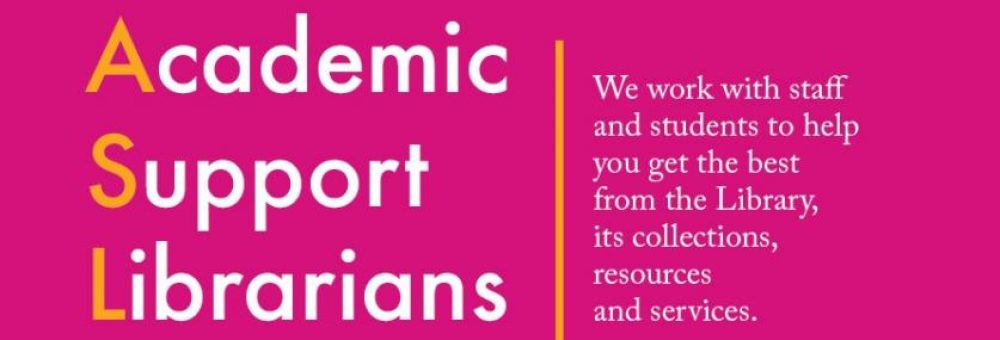The University of Edinburgh hosted the Association of British Theological and Philosophical Libraries conference this year at New College on 21-23 March. As usual there was the opportunity for discovering fascinating and historic libraries, including (of course) New College Library, the National Museum of Library of Scotland and the Signet Library.

Computer17293866, CC BY-SA 4.0 <https://creativecommons.org/licenses/by-sa/4.0>, via Wikimedia Commons
A key focus this year was Artificial Intelligence or AI, and Prof Nigel Crook from Oxford Brookes University opened the conference, speaking about ‘Generative AI and the Chatbot revolution’, and concluding that while he didn’t predict a future like the one in the Terminator, this couldn’t entirely be ruled out. 😊 Following this was Professor Paul Gooding from the University of Glasgow, with an engaging talk on ‘Applying AI to Library Collections’. He identified a key challenge for libraries as being the control of AI development by a handful of technology firms – the forces driving AI tools are not situated in the library sector. How can libraries play a part in AI innovation? Continue reading

